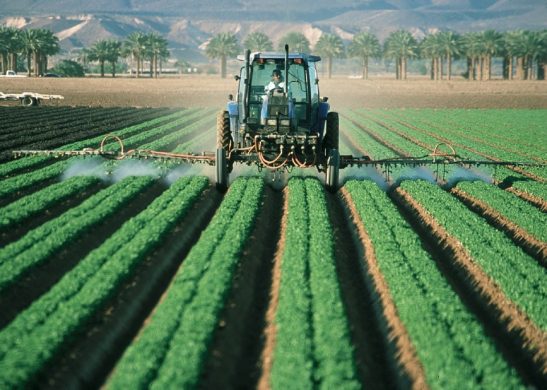2. juni 2016
Læsetid: 2 min
Det fremgår af en pressemeddelelse fra International Panel of Experts on Sustainable Food Systems torsdag.
Input-intensive crop monocultures and industrial-scale feedlots must be consigned to the past in order to put global food systems onto sustainable footing, according to the world’s foremost experts on food security, agro-ecosystems and nutrition.
The solution is to diversify agriculture and reorient it around ecological practices, whether the starting point is highly-industrialized agriculture or subsistence farming in the world’s poorest countries.
Fertilizers and pesticides
Olivier De Schutter, co-chair of IPES-Food, stated: “Many of the problems in food systems are linked specifically to the uniformity at the heart of industrial agriculture, and its reliance on chemical fertilizers and pesticides.”
He added: “It is not a lack of evidence holding back the agroecological alternative. It is the mismatch between its huge potential to improve outcomes across food systems, and its much smaller potential to generate profits for agribusiness firms.”
The report asks three key questions:
- What are the outcomes of industrial agriculture / diversified agroecological systems?
- What is keeping industrial agriculture in place?
- How can the balance be shifted?
Frison explained that some of the key obstacles to change are about who has the power to set the agenda.
“The way we define food security and the way we measure success in food systems tend to reflect what industrial agriculture is designed to deliver – not what really matters in terms of building sustainable food systems,” Frison stated.
Key contributor to most urgent problems
Based on a review of the latest evidence, the expert panel identified industrial agriculture as a key contributor to the most urgent problems in food systems:
-
Food systems contribute around 30% of global greenhouse gas emissions;
-
Around 20% of land on earth is now degraded;
-
More than 50% of human plant-derived foods now depend on three crops (rice, maize and wheat); 20% of livestock breeds are at risk of extinction;
-
The extinction of wild species and the application of insecticides threaten the 35% of global crops dependent on pollination;
-
Around 2 billion people suffer from micronutrient deficiencies; current food systems produce an abundance of energy-rich, nutrient-poor crops.















